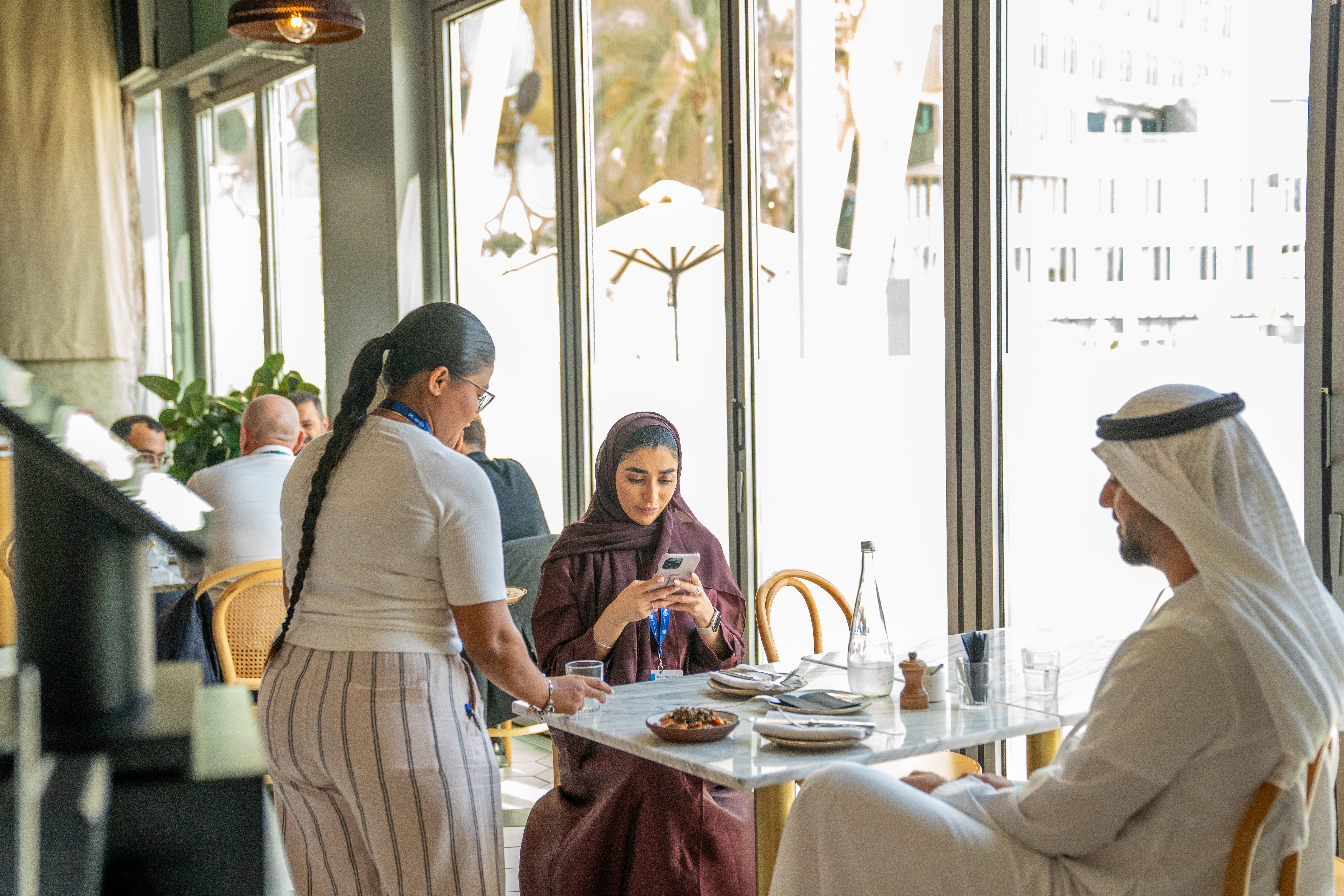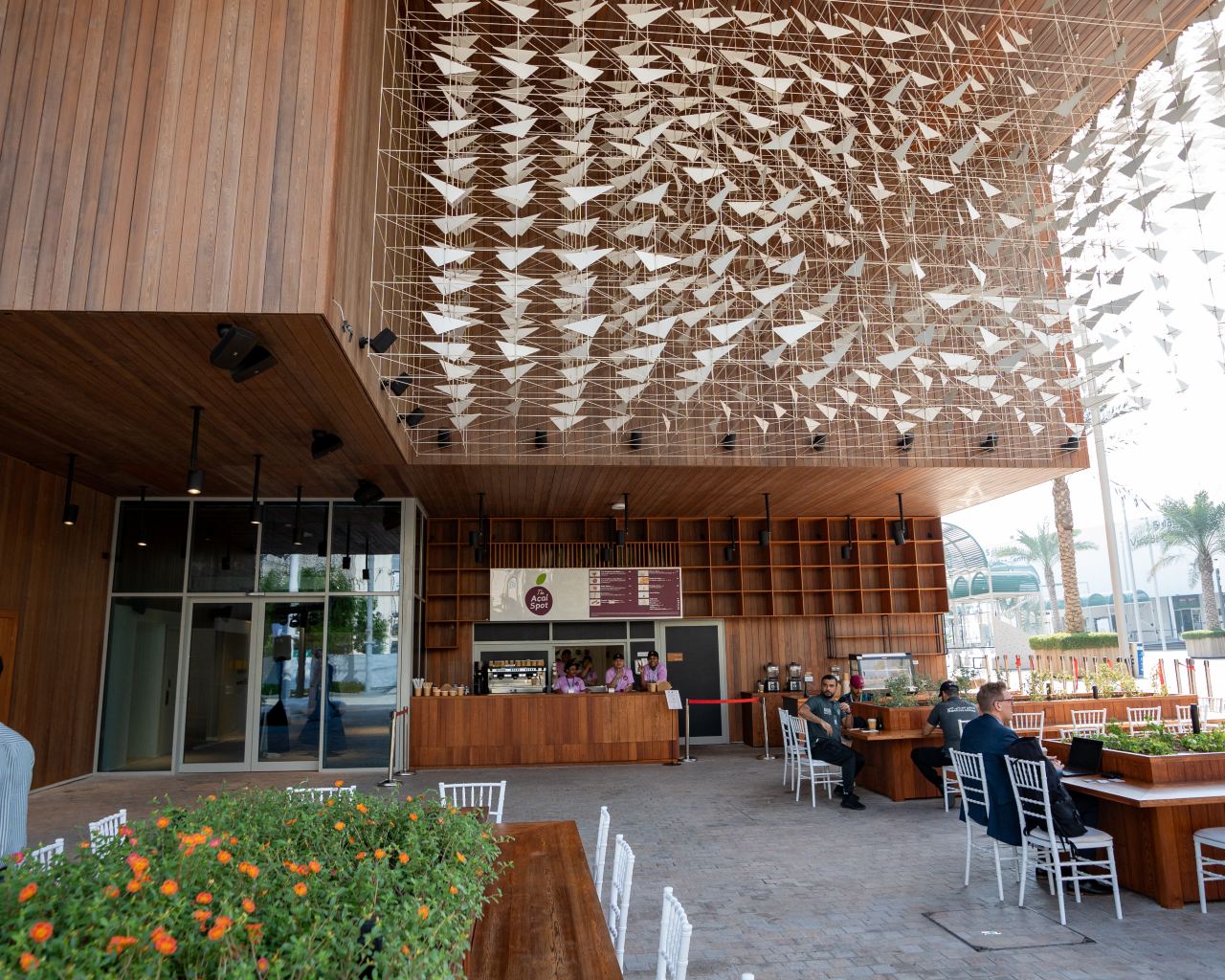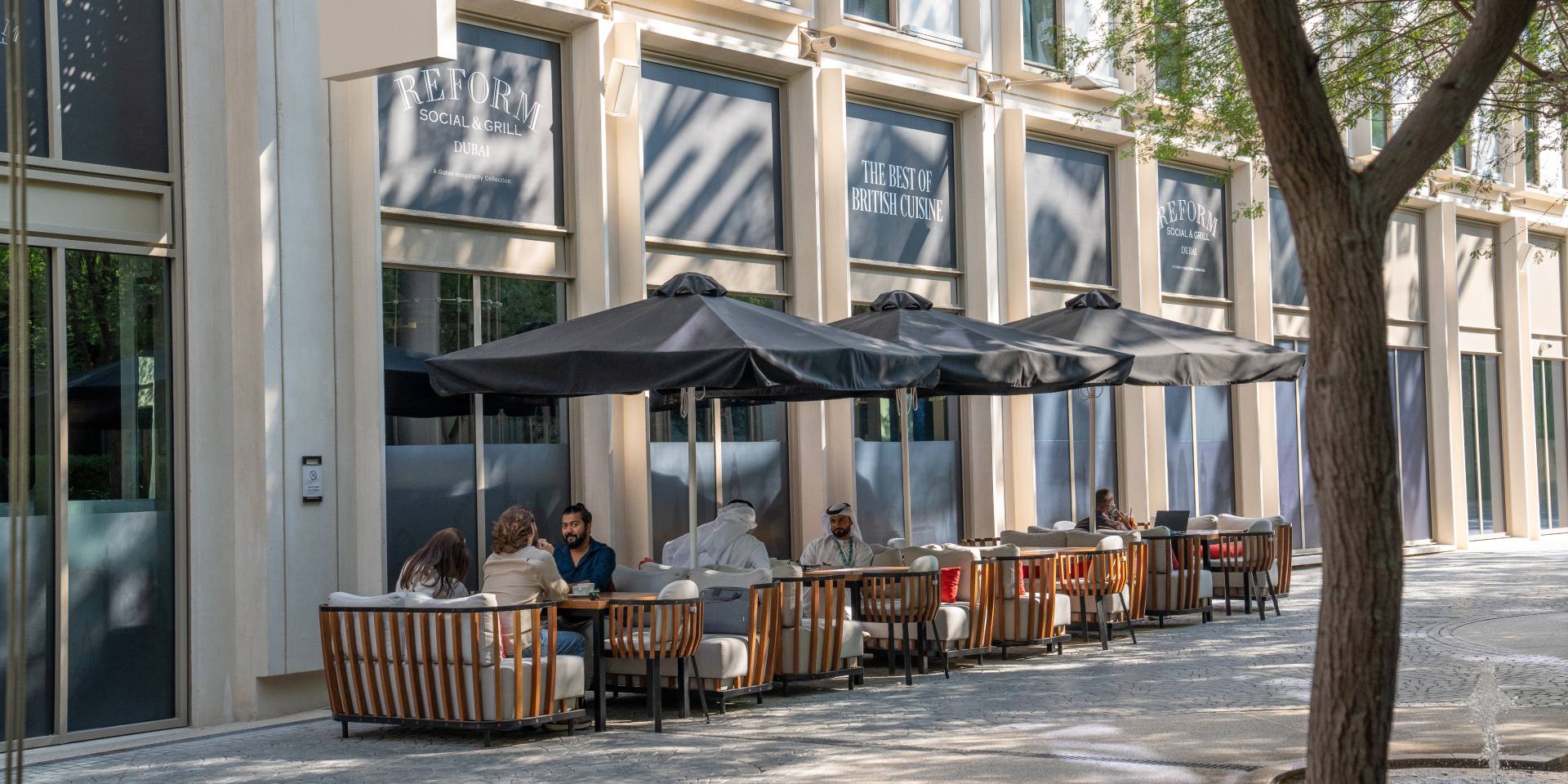Are retail, dining, and entertainment merging to redefine urban living?
In recent years, there has been a noticeable shift in the approach taken to urban development, driven by the convergence of once distinct yet interrelated sectors: retail, dining, and entertainment (RDE).
What was once a collection of separate entities has now evolved into a unified experience within development projects, where these sectors must seamlessly blend to meet the needs of today’s consumers.
At the heart of this transformation lies food and beverage (F&B), exerting significant influence in achieving critical objectives such as attracting visitors, extending dwell time, and fostering community cohesion.
This shift underscores a fundamental change in modern day preferences, as individuals increasingly seek immersive and multifaceted experiences that transcend traditional shopping, dining or entertainment options.
THE EVOLUTION OF RDE DEVELOPMENTS

Historically, retail centres were designed as utilitarian spaces focused largely on commerce.
This resulted in the sector receiving the lion’s share of attention and creative input. Yet, as consumer expectations have evolved, developers recognised the need to create more engaging and holistically rewarding environments.
Next came the emergence of mixed-use developments blending retail, dining, entertainment, and even residential components, into seamless urban experiences. And until not long ago, this was considered the future of urban development with early pioneers such as Westfield London setting a precedent for future RDE projects worldwide.
Jump to today and we’re now looking at a slightly different reality, where food and beverage (F&B) offerings have emerged as key drivers of foot traffic and customer engagement in RDE developments—relied on to achieve many of the key objectives for developers and investors, including increasing ongoing visitation and dwell time.
When designed and curated strategically, today’s generation of F&B concepts have the potential not only to offer universal appeal, but to enable major developments to remain profitable, resilient, and adaptable.
Today’s generation of F&B concepts have the potential not only to offer universal appeal, but to enable major developments to remain profitable, resilient, and adaptable.
As such, developers are increasingly prioritising the integration of diverse and high-quality F&B options into their projects to enhance overall appeal and profitability. Meanwhile, retail and entertainment remain relevant, but play a growingly supportive or secondary role in achieving key development goals.
RDE IN THE ERA OF GIGA PROJECTS

Giga projects, characterised by their monumental scale and transformative impact, represent the pinnacle of RDE development.
These ambitious initiatives, often spearheaded by governments or large corporations, aim to create entire cities or districts from scratch. In this context, RDE components play a crucial role in shaping the identity and character of these new communities.
By offering a comprehensive mix of retail, dining, and entertainment options, giga projects seek to attract residents, businesses, and visitors while fostering economic growth and cultural vibrancy.
Working on F&B master planning as part of giga projects like Expo City Dubai has shown us just how key F&B is to creating sustainable and inclusive communities. This isn’t to say that events, entertainment, shopping, art, cultural spaces, nature and the broader world of hospitality are not important too, but equally, the importance of food and drink venues in ensuring long-term viability cannot be overstated in our opinion.
The importance of food and drink venues in ensuring long-term viability cannot be overstated in our opinion.
The success of RDE developments that are now in motion across the Kingdom of Saudi Arabia relies heavily on their ability to address modern day challenges, such as providing accessible spaces for social interaction, cultural exchange, and economic opportunity.
Through thoughtful design and programming, developers can leverage F&B to create environments that promote environmental stewardship, social equity, and economic prosperity for large swathes of the population.
Moreover, we believe it is only when incorporating F&B into the fabric of project planning that developments stand the greatest chance of success.
Learn How Giga Projects are Showcasing the Future of F&B
F&B AS A COHESIVE FORCE IN DIVERSE SOCIETIES

In modern urban planning, the focus is shifting towards precinct-driven concepts that prioritise connectivity and accessibility within neighbourhoods.
Central to these developments are the vibrant ecosystems of food and beverage (F&B) venues, which serve as more than just places to eat and drink.
Within the bustling neighbourhoods defined by 5-minute and 15-minute travel zones, F&B establishments play a crucial role in fostering social cohesion, cultural exchange, and community engagement.
Through strategic clustering, these venues become dynamic hubs where residents come together to support local businesses, connect with one another, and create lasting memories.
Initiatives aimed at supporting chefs can breathe new life into economically disadvantaged communities. By offering local residents the chance to pursue culinary careers, these programs empower individuals and play a vital role in revitalizing neighbourhoods, fostering a renewed sense of pride and ownership among residents.
THE FUTURE OF RDE DEVELOPMENT

In an increasingly diverse and fragmented world, F&B establishments can serve as catalysts for bringing people together across cultural, social, and economic divides. And within the context of bringing forward entirely new cities being built to attract a mix of regional and international demographics, this advantage becomes even more necessary.
By celebrating culinary diversity and embracing inclusive dining experiences, RDE developments can become symbols of unity and harmony—the foundation from which more integration may emerge.
Whether it's a food hall showcasing global cuisines or an outdoor food truck park featuring street food from local vendors, these spaces foster cross-cultural dialogue, mutual understanding, and shared experiences that transcend boundaries and foster a sense of belonging.
Recognising the central role of F&B in driving foot traffic, generating revenue, fostering community engagement, and shaping cultural identity, will allow developers to create vibrant, sustainable, and inclusive environments that enrich the lives of both residents and visitors.
-1.png?width=3330&height=698&name=TGP%20International%20Logo%20White%20(1)-1.png)



